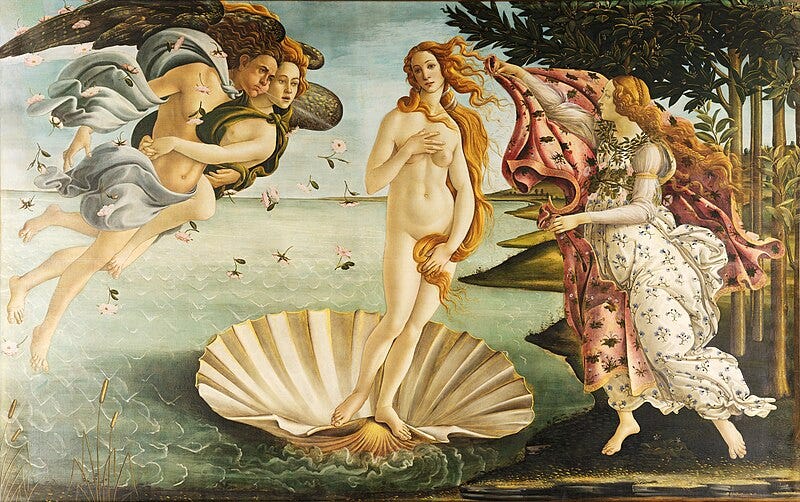(an homage to/adaptation of/improvisation upon Lydia Davis’s “Old Men Around Town”)
The customer who had been coming to Espresso Bongo the longest had been a magician. He had white hair and blue eyes which were alert and bright. He arrived when the café opened and sat at a corner table opposite the rest room and told people if it was occupied and, if they had never known or had but had forgotten the lock’s combination, he clicked the remote he palmed and opened it. If a small child arrived, he bowed, introduced himself to its parent and, with their permission, pulled a quarter from the child’s ear.
Each rainy season, he left for San Miguel de Allende. This spring he did not return. He has an ex-wife and adult son but no one at the café knew how to reach them. His usual seat has been taken by a 95-year-old, former Pilates instructor, who can still raise one foot above her head while standing on the other foot but can not keep from offering books she has brought from home to people who declined them the previous day or, sometimes, the previous hour.






